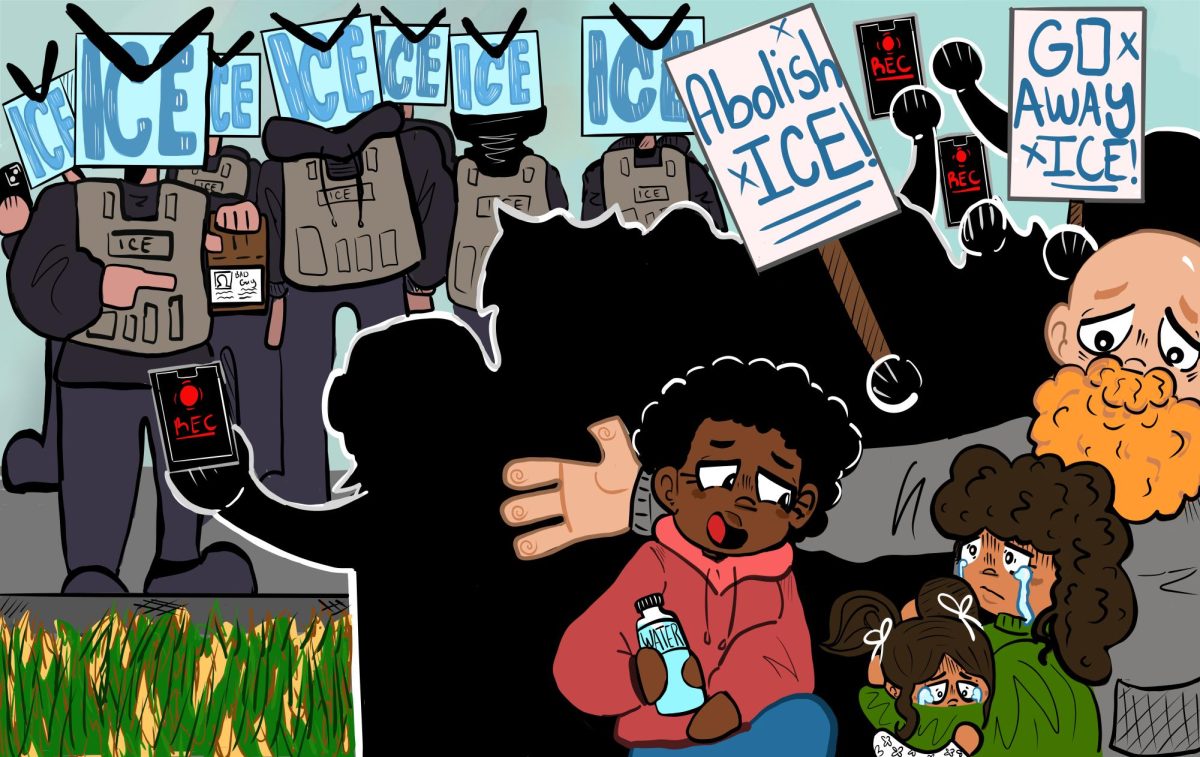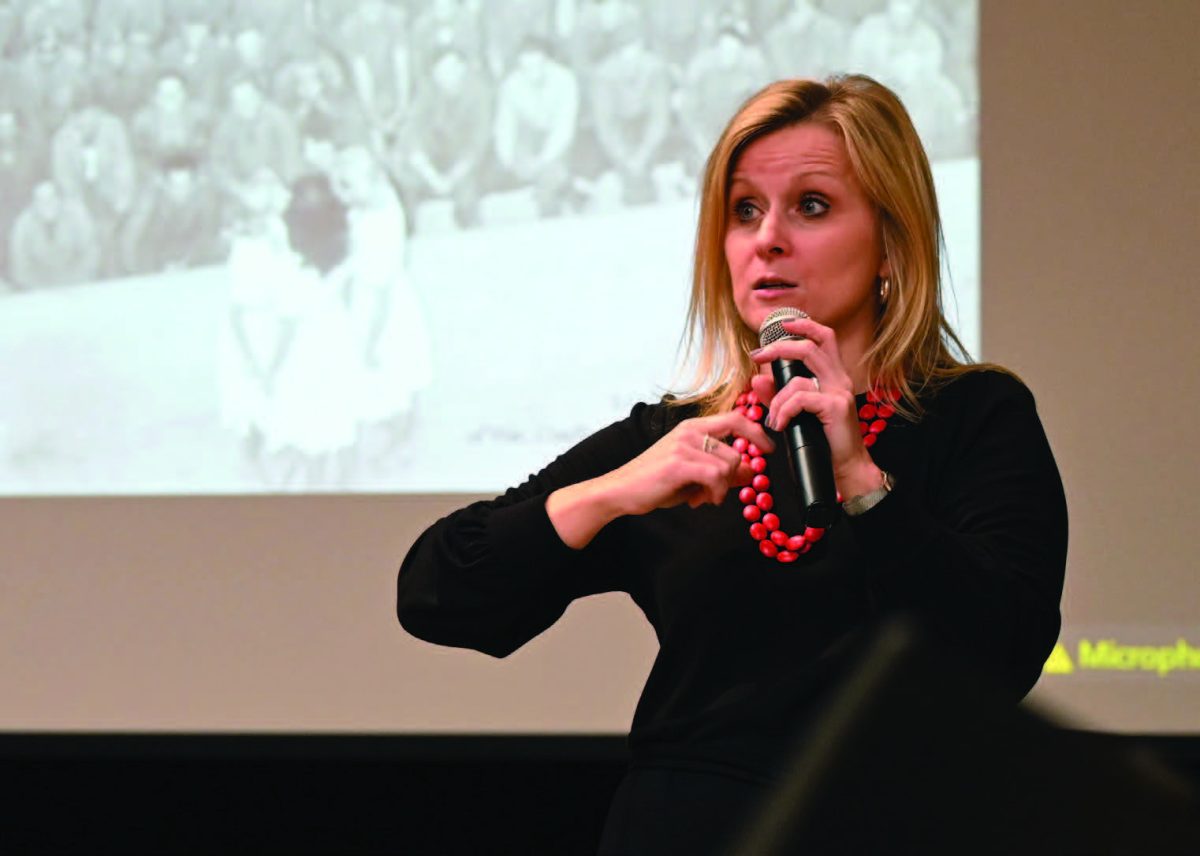NE Campus ended Women’s History Month with an event that examined the perception of women during WW2.
Last week’s ‘Good Girls Go to War’ was the result of a joint effort organized by associate history professor Karen Wisely, Texas Christian University historian, guest speaker Kara Dixon Vuic and NE student activities.
Over the course of the event, Vuic went over numerous ways in which women were viewed as objects for soldiers to remember and fight for while they were on the field.
A few Americans could explain with any depth what the war was about,” Vuic said. “And so, the US government spent a lot of energy explaining to Americans what the war was about.”
According to Vuic, there was significant effort by the government to explain why the war being fought was important as a means boosting morale.
“These are all an effort of the government to say here is what you are fighting for,” she said. “This is what the war is about, right. And part of what the war is about for American people is women.”
She questioned the ethics of portraying women as rewards or “morality-boosters” for the men of the war.
“What is the expectation, right?” she said. “All of the official and unofficial ways that women’s bodies are used as morale. It’s a pretty complicated picture, right?”
She addressed how back then; women were solely depicted as rewards for men to strive for during the bloodshed. Women were viewed as trophies – as “pin-ups.”
“I mean, everybody’s seen pin ups on planes, right?” she said during her discussion. “This is kind of the image that Americans wanted. It was that our boys, you know, they just liked girls, and they just want to get back to the girls, and all the girls are cute, and it’s gonna be fine, right? It’ll all be fine. But what about the women? What about those women?”
NE student Drake Schofield spoke about it in a few ways, women still are depicted as motivators for men in the form of some modern occupations.
“I can say I feel like there’s a lot in the way of professions that have kind of come out in statistics, especially a lot of other things like cheerleading, for example, kind of sports to or art, whatever you want to consider it that emphasizes like increasing morale or entertainment, stuff like that,” he said. “So, I definitely think that how it was back then it was definitely built on to today’s society.”
When asked, Schofield expressed interest in returning to another event such as this one to learn more about various topics.
“Oh, yeah, I definitely would [go to another event],” he said. “They’re very interesting. Usually, you learn something that you haven’t like the trivia. It’s definitely good to know, and there are a lot of the different events and stuff that are out there.”























